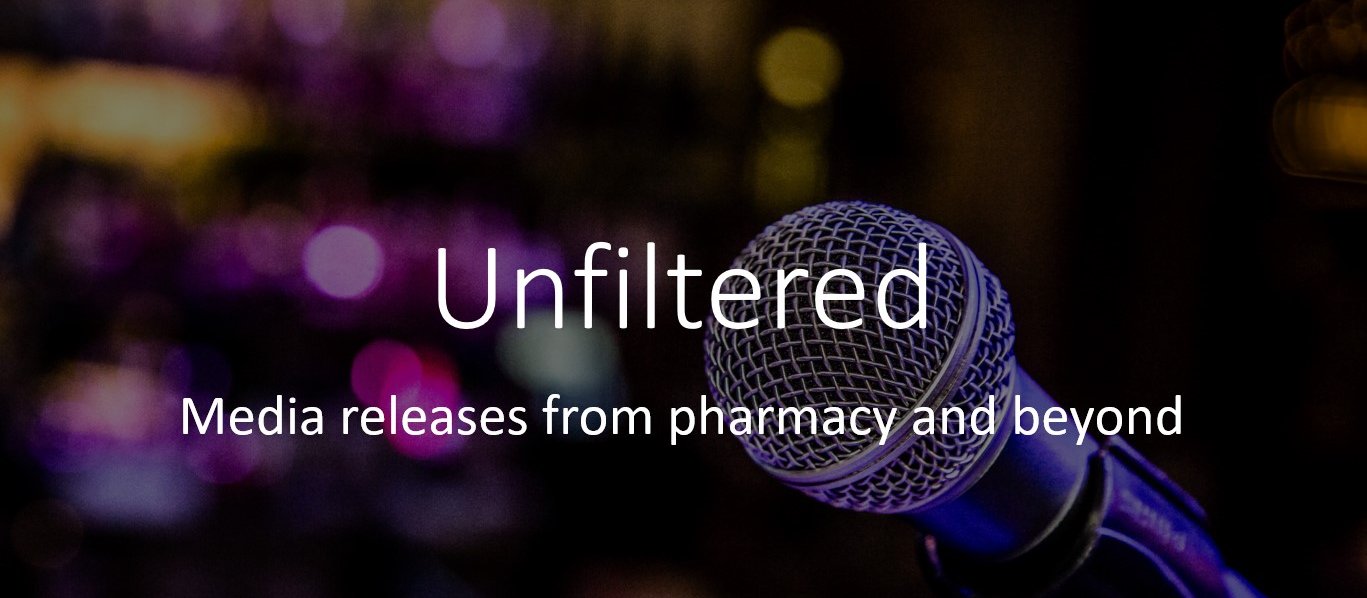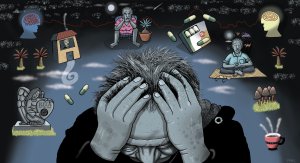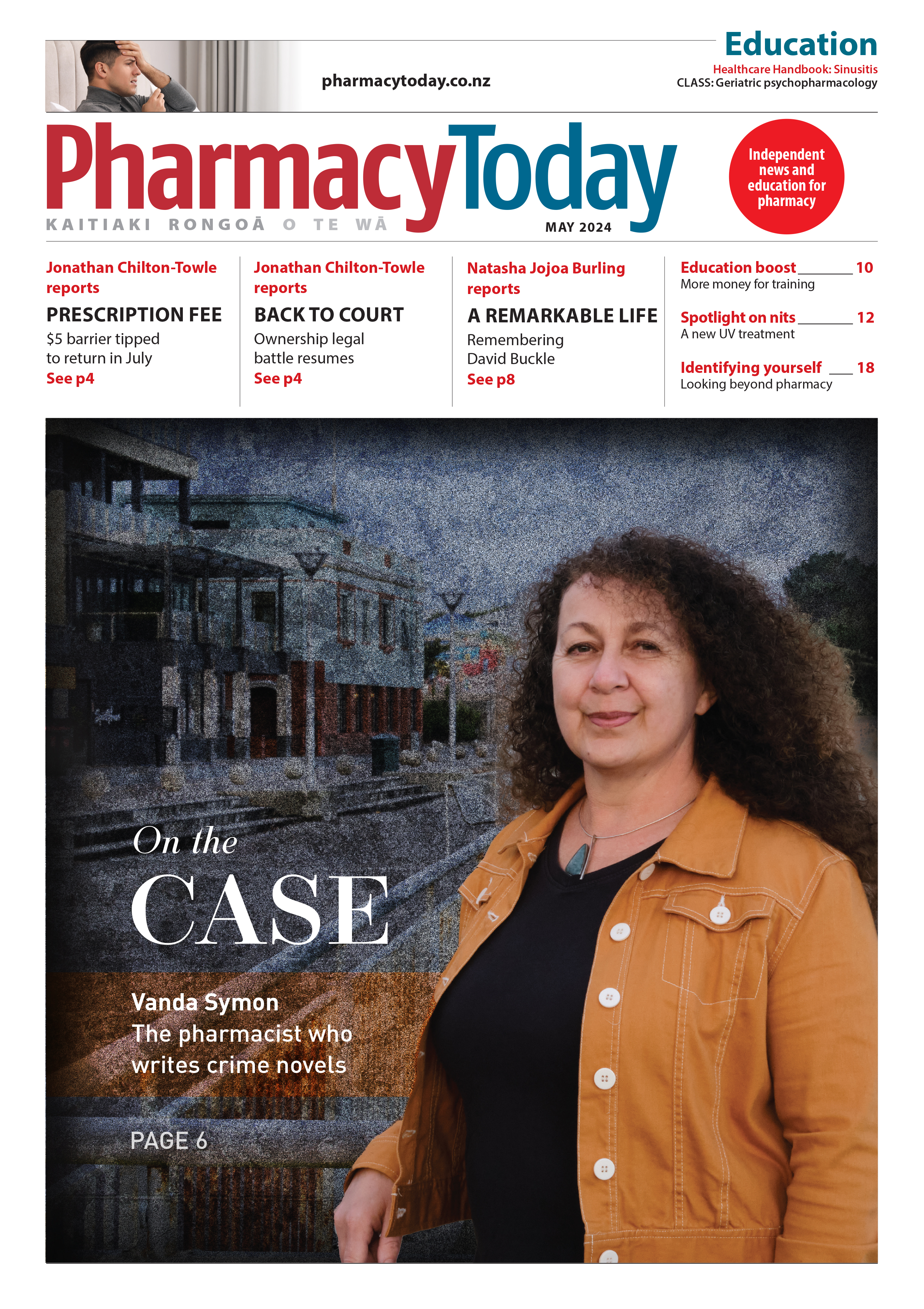This article, written by Sidhesh Phaldessai, provides an overview of geriatric psychopharmacology, including the epidemiology of mental health disorders in the older population, the physiological changes that occur with ageing and their impact on pharmacokinetics and pharmacodynamics, and the use of psychotropic medications in older adults
Record numbers of nursing and allied health staff for specialist mental health and addiction programmes
Record numbers of nursing and allied health staff for specialist mental health and addiction programmes

Enrolments for the New Entry to Specialist Practice (NESP) programme, which trains nursing and Allied Health graduates to specialise in mental health and addiction, are higher than ever before.
In 2023, 303 nurses and 87 allied health workers – those working in occupational therapy and social work – enrolled in NESP programmes through Te Pou, the national workforce centre for mental health, addiction and disability in New Zealand. With 286 nurses and 78 allied health staff signed up for 2024, we are on track to see even bigger numbers than 2023 as we expect more graduates to complete their studies and come on board in the second half of the year.
The number of nurses enrolled in the programme has more than doubled prior to 2020, where there were around 155 funded positions.
Jo Chiplin, National Director Mentally Well, Te Whatu Ora, says these figures are a positive sign the mental health and addiction workforce continues to grow in New Zealand.
“We know overall workforce shortages are the biggest challenge facing the mental health and addiction system, but we are taking significant strides to help fix this. There has never been more support offered in as many locations as there is today,” says Jo Chiplin.
As well as funding the highest number of NESP positions the sector has seen, Te Whatu Ora has also funded a targeted mental health nursing campaign – aimed at attracting new graduates and other experienced nurses into mental health and addiction.
“The numbers speak for themselves. This investment into a sector that needs more skilled workers is already paying off, and it will make a positive difference for people who access our mental health and addiction services across the country.
“We are committed to growing and upskilling our existing mental health and addiction workforces, and this is just one example of that.”
The enrolments also reflect our diverse communities, with high numbers of Māori, Pacific and Asian graduates making up these cohorts. Last year the combined Māori and Pacific Nurse numbers were greater than NZ European (90 Māori/Pacific and 86 NZ European). There were also 97 nurses of Asian ethnicity and 30 of other ethnicities.
Te Aka Whai Ora Chief Nursing Officer Nadine Gray says the numbers are a positive step towards meeting the longstanding need for a workforce that better represents and better responds to the communities it serves.
“It is encouraging to see such a diverse group of homegrown new graduates entering mental health and addiction services across the motu in 2024,” Nadine Gray says.
Other workforce initiatives include funding three times the amount of clinical psychology internships within mental health and addiction services, establishing six new clinical psychology intern hubs to grow the workforce and improve the intern experience, and increasing the funding each intern gets to more than $66,000 a year in July 2024.





